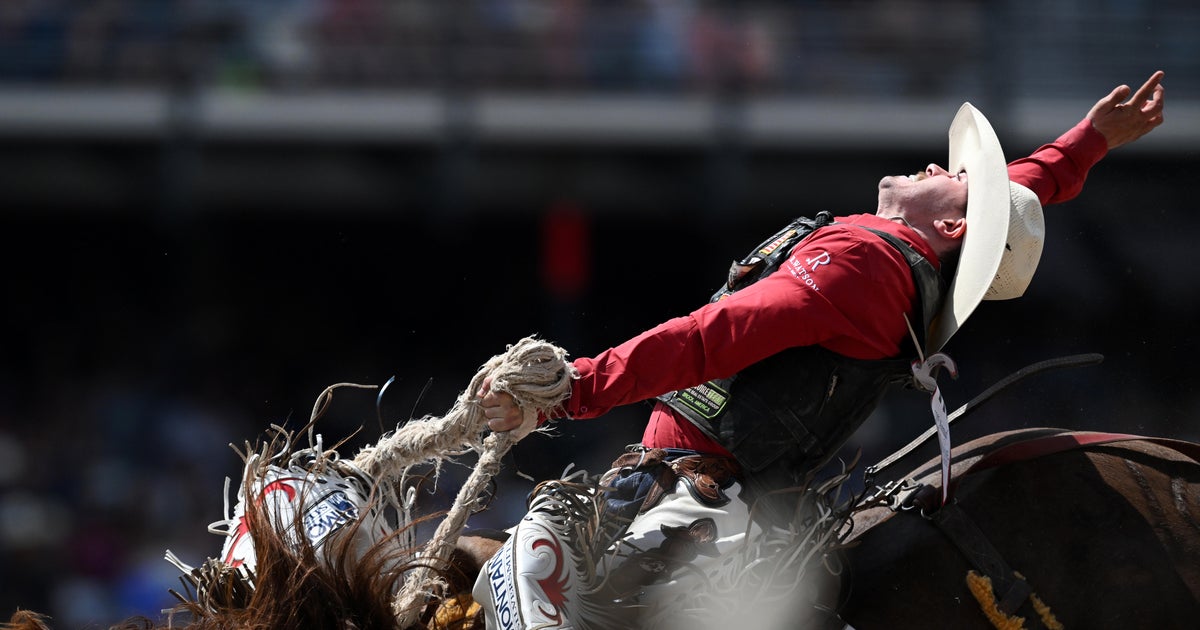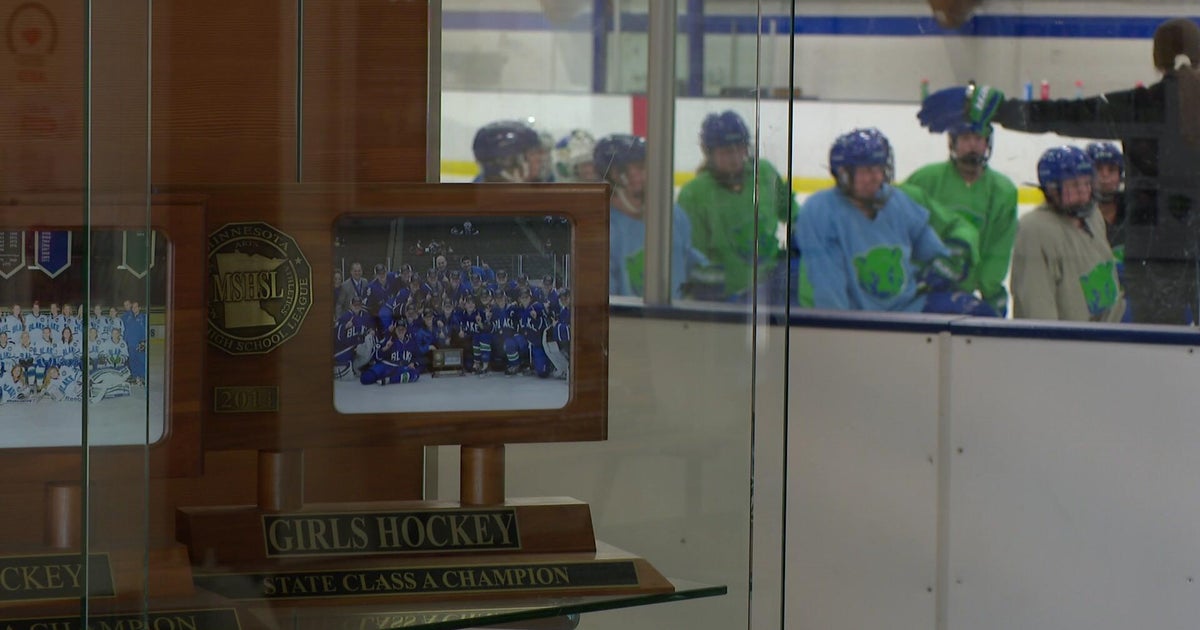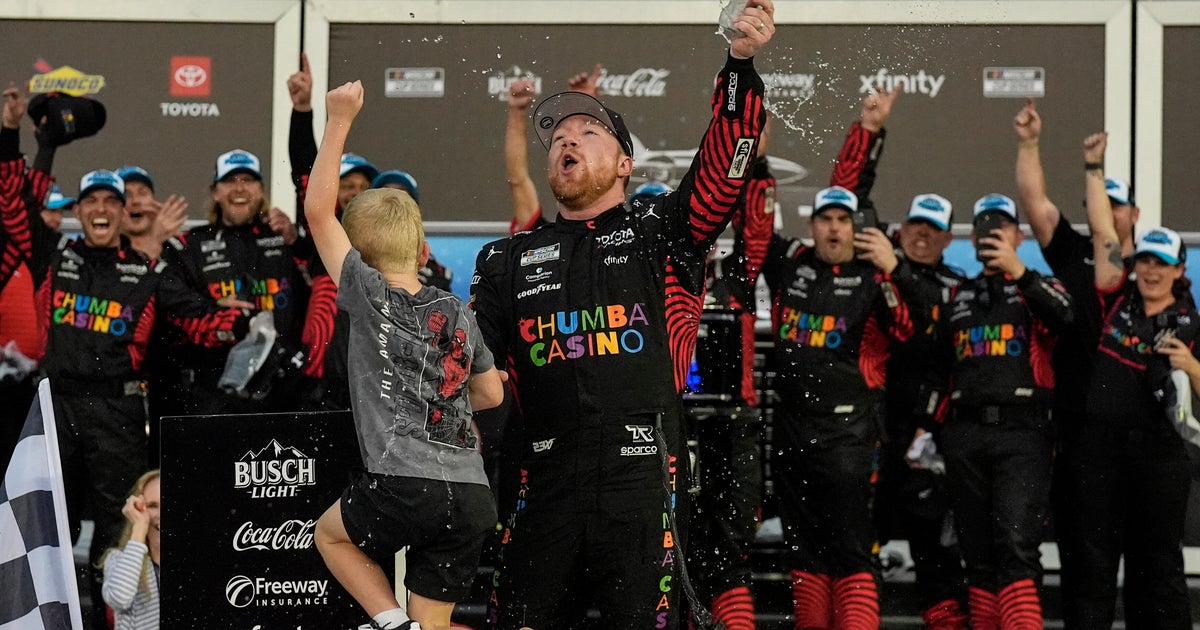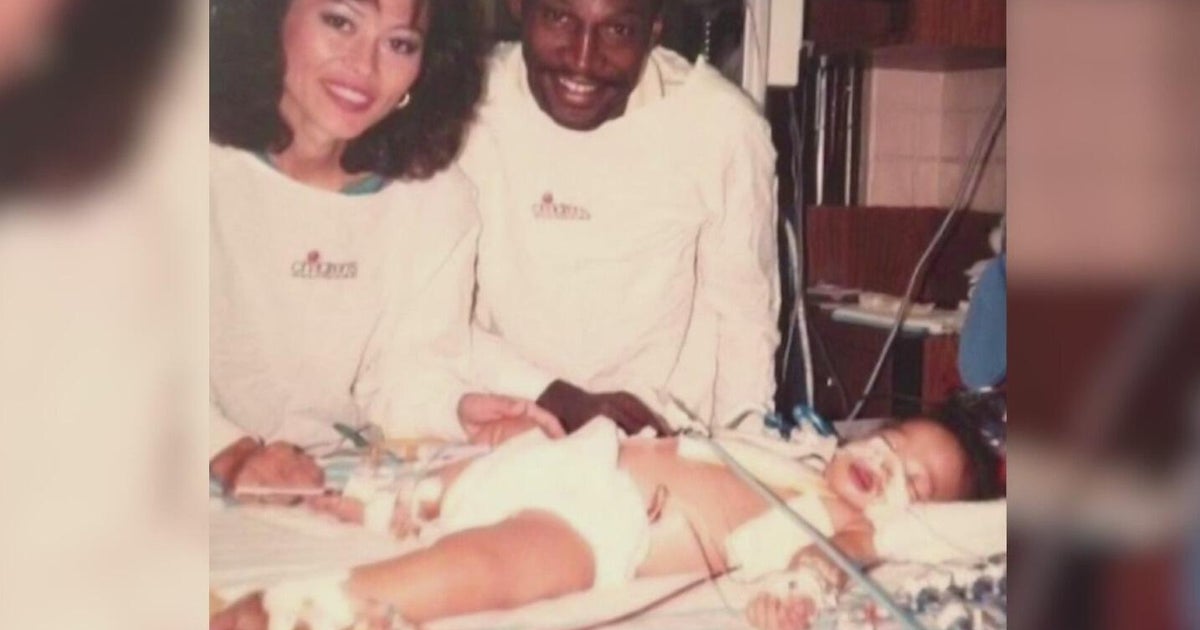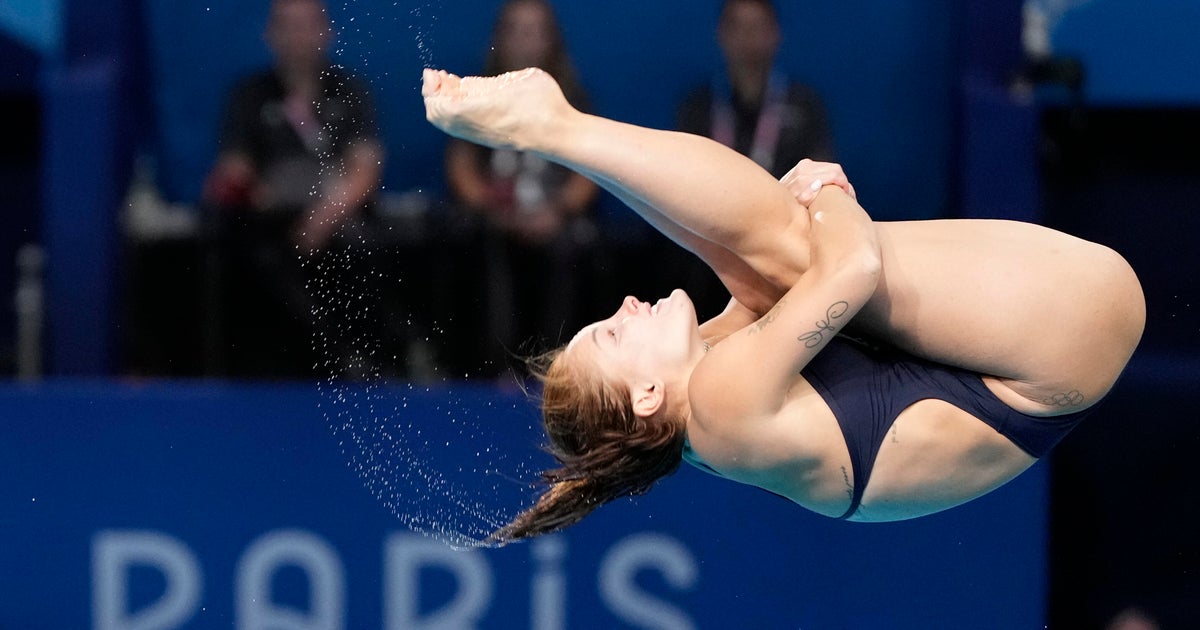New NASCAR Chase Format Is Breaking Hearts
NASCAR's new championship format, lauded for creating nail-biting intensity, wild emotional swings and tension on and off of the track, has also been full of heartbreak.
Dale Earnhardt Jr. had one of the best seasons of his career with an honest shot at his first career Sprint Cup title - and was eliminated in the second round of the Chase for the Sprint Cup championship.
Kyle Busch salvaged a mediocre regular season to put himself in position to run for the title. Then he was wrecked from behind at Talladega, and what seemed like a sure bet for the third round of the Chase went bust. He was suddenly knocked out of the field.
Brad Keselowski won the most races in the regular season and picked up victories in each of the first two rounds of the Chase. One came at Talladega, where he had to win to avoid elimination and did it as the entire garage area seemed to turn on him for his aggressive driving. Involved in two post-race fights during this Chase, he never flinched. But a mechanical problem at Martinsville doomed Keselowski, who was knocked out Sunday despite his series-best six wins this season.
With those failures comes disappointment, maybe devastation. All of them hurt.
None, though, are as heartbreaking as Jeff Gordon's defeat.
This was his year, his throwback season to the days when ol' JG was a legitimate threat to win every single week. He so badly wanted a fifth championship that he recommitted himself to his craft and raced like he hadn't raced in years.
Chasing the championship that has eluded him since he picked up his fourth title in 2001 wasn't an easy decision, either. He and his wife, Ingrid, had a heart-to-heart talk about the commitment that goes into winning a championship. Gordon explained that winning a title means making tremendous sacrifices at home. He'd need to be in the Hendrick Motorsports shop, he'd need to attend competition meetings. He'd have to miss days at home during the week if the team wanted to test, and he would need to be fanatical about his fitness and extra cognizant of his creaky back.
All of it would come at the cost of time spent with his wife and two young children. To win, Gordon could not with good conscience have his team question if there was something more the driver could be contributing.
Ingrid told her husband, without hesitation, to go for it. He did, and at 43 years old and 19 years removed from his first championship, Jeff Gordon was back.
He won at Kansas, at Michigan, at Dover in the Chase, and oh, that treasured Brickyard 400 win at Indianapolis Motor Speedway 20 years after he won NASCAR's inaugural race at the storied track. Gordon's laps led are the most since 2007, the last legitimate title shot he had before this season. His average starting position and average finishing position were the highest in years, and he led in points for 20 of 35 weeks.
And yet Gordon is out, eliminated Sunday after a second-place finish at Phoenix.
When Gordon crossed the finish line, he'd made it to the final four of NASCAR's playoffs and would race for the title this weekend at Homestead-Miami Speedway. But it flipped in the blink of an eye when Ryan Newman, needing just one spot on the track to bump Gordon out of the finale, used an aggressive move on Kyle Larson coming out of the final turn. Newman, winless on the season and with just four top-five finishes and 41 laps led all year, finished 11th - good enough to give him a one-point advantage over Gordon and claim the fourth and final spot at Homestead.
Gordon didn't blame Newman for his last-lap act of desperation. He has been around long enough to understand you play with the format you're given and do everything needed to make it work in your favor.
Only Gordon did just that and the format crushed him.
He finished second to teammate Earnhardt at Martinsville, where Hendrick quite clearly had no team orders to have Earnhardt allow Gordon to win the race and earn the automatic berth in the finale. And he was second again at Phoenix, where winner Kevin Harvick used the victory to punch his ticket to Homestead.
The dagger was the middle race, last week at Texas, where Gordon was actually en route to victory lane when his season came crashing down. He was leading that race and nobody was catching up, but a caution came out and allowed the field a shot at stealing the win away from him.
He lined up on a restart next to teammate Jimmie Johnson and raced him hard into the corner. Enough space was left between the two cars that Keselowski believed he could slip in and snag the lead from Gordon. The hole closed fast, Gordon and Keselowski touched, and Gordon was left with a flat tire.
Gordon went from having Homestead in his grasp to a 29th-place finish. It dropped him from first to fourth in the standings and made him vulnerable at Phoenix, something he instantly recognized based on his decision to confront Keselowski on pit road in a scene that quickly became a bloody brawl.
Keselowski has steadfastly defended his driving at Texas, and said what happened there was just one of them racing deals. But he knows in his heart that Gordon deserved to be in the finale and that one moment destroyed something Gordon had worked so hard for and so desperately wanted.
Keselowski will now live with that forever.
And so will Gordon.
"It's tough to swallow that two second-place finishes and staring down a potential win last week, that we didn't get it done," he said. "I felt like this was a round where we could really shine, and we did. But it still wasn't enough."
No, it wasn't enough. And it's very tough to swallow.
